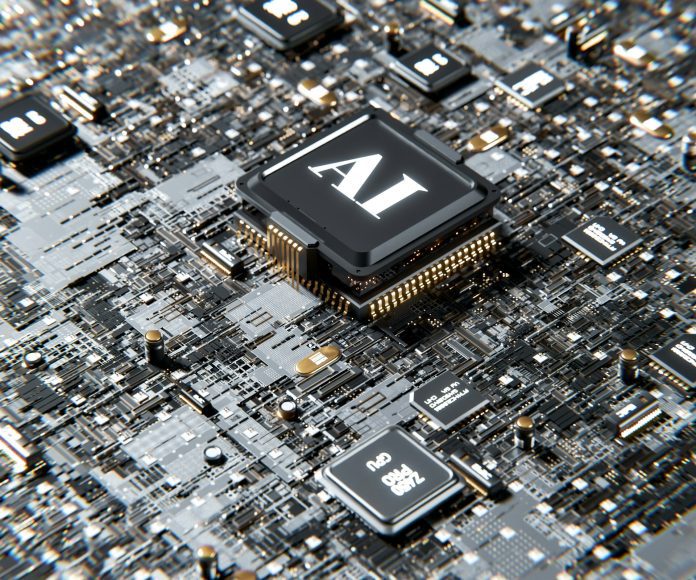Artificial Intelligence (AI) is no longer just a concept from science fiction; it has become a reality that is reshaping the way we live and work. From self-driving cars to virtual assistants, AI is increasingly integrated into our daily lives, offering new possibilities and opportunities for innovation. As we look to the future, the impact of AI is expected to grow even more significant, with the potential to revolutionize industries, transform business models, and improve the quality of life for people around the world. In this blog, we will explore the current trends and future predictions for AI, examining how this technology will continue to shape our world in the coming years.
Facts and Opinions
One of the key trends in AI is the rapid advancement of machine learning, a subset of AI that enables computers to learn from data and improve over time without being explicitly programmed. Machine learning algorithms power many AI applications. From recommendation systems to predictive analytics. So, they are helping to drive the development of more intelligent and autonomous systems. Another key trend is the rise of natural language processing (NLP), which allows computers to understand and generate human language. NLP is behind the development of chatbots, language translation services, and other applications that are transforming how we communicate with machines.
In addition to machine learning and NLP, AI is also driving advancements in robotics, healthcare, finance, and other industries. So, healthcare, AI is being used to improve diagnostics, personalize treatment plans, and enhance patient care. In finance, AI is helping to detect fraud, manage risk, and improve customer service. So, robotics, AI-powered robots are being used in manufacturing, healthcare, and other industries to automate tasks and increase efficiency.
As AI continues to advance, it is important to consider the ethical implications of this technology. Issues such as privacy, bias, and job displacement need to be addressed to ensure that AI is used responsibly and ethically. By understanding the current trends and future predictions for AI, we can better prepare for the opportunities and challenges that lie ahead and harness the power of this transformative technology for the benefit of society.
Current Trends in AI
Machine Learning
- Machine learning algorithms continue to improve, enabling AI systems to learn from data and make predictions.
- Deep learning, a subset of machine learning, has led to breakthroughs in areas such as image and speech recognition.
Natural Language Processing (NLP)
- NLP allows machines to understand and generate human language, enabling applications such as chatbots and language translation.
- Advancements in NLP have led to more natural and accurate interactions between humans and machines.
Robotics
- AI-powered robots are increasingly being used in various industries, from manufacturing to healthcare.
- Collaborative robots, or cobots, are designed to work alongside humans, enhancing efficiency and safety in the workplace.
Future Predictions for AI
Autonomous Vehicles
- AI is expected to play a crucial role in the development of autonomous vehicles, enabling them to navigate roads safely and efficiently.
- Self-driving cars have the potential to revolutionize transportation, reducing accidents and congestion on roads.
Healthcare
- AI has the potential to revolutionize healthcare by enabling more accurate diagnostics, personalized treatment plans, and efficient patient care.
- AI-powered tools can analyze medical images, predict disease outbreaks, and assist in drug discovery.
Finance
- In the finance industry, AI is expected to improve fraud detection, risk management, and customer service.
- AI-powered algorithms can analyze vast amounts of financial data to identify trends and make predictions.
Closing Out
As AI continues to advance, its impact on society will become more profound. From autonomous vehicles to personalized healthcare, AI has the potential to revolutionize various industries and improve our quality of life. However, with these advancements come challenges, such as ethical concerns and job displacement. It is crucial for policymakers, industry leaders, and society as a whole to work together to ensure that AI is developed and deployed responsibly, with the goal of benefiting humanity as a whole.






















